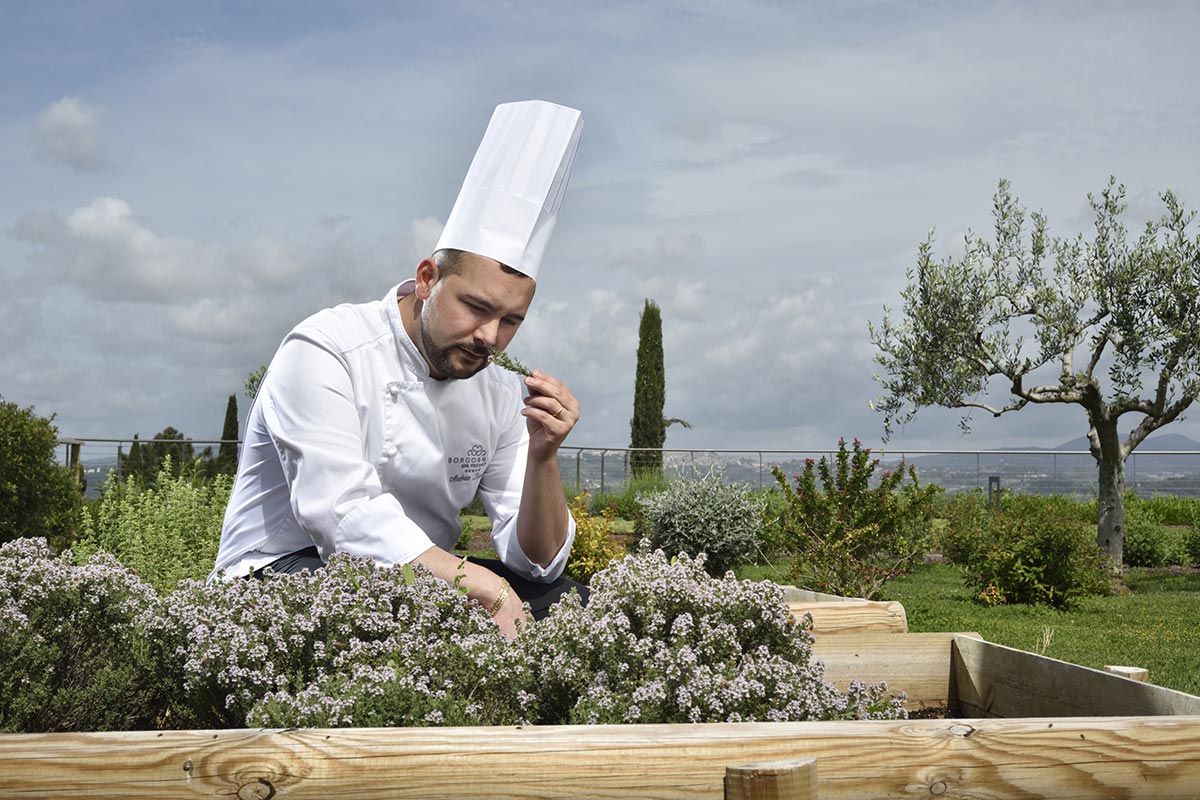Mastering the Art of Spanish Cooking: Lessons Learned in the Kitchen
Venturing into the dynamic world of Spanish food, I embarked on a culinary journey that would immerse me in the flavours, strategies and rich culinary conventions of this captivating nation. As a new chef, my internship in a Spanish kitchen proved to be an invaluable experience that shaped my understanding of culinary brilliance and taught me important lessons that would remain with me throughout my career.
Culinary lessons learned
I began my internship by immersing myself in the fundamental elements of Spanish cuisine. I learned about the diverse regional influences that make up the country’s culinary landscape, from the robust flavours of Andalusia to the delicate seafood dishes of Catalonia. I discovered the importance of ingredients such as olive oil, garlic, saffron and paprika, which form the backbone of many traditional Spanish recipes. As my cooking skills improved, I learned that attention to detail was paramount. Spanish cuisine celebrated the natural flavours of the ingredients, and precision in culinary techniques was essential to unlock their full potential. Whether it was achieving the perfect searing of fish or mastering the art of slow-cooked stews, I understood the importance of patience and practice in achieving culinary excellence. One of the most profound lessons I learned in Spanish cooking was the value of simplicity. Spanish cuisine emphasises the use of high quality ingredients prepared with minimal effort, allowing the natural flavours to shine through. I found that sometimes the most memorable dishes were those that showcased the essence of a single ingredient, whether it was a plate of perfectly roasted vegetables or a platter of freshly caught seafood.

Lessons learned about the industry
Collaboration and teamwork were at the core of my internship experience. I had the privilege of working alongside experienced Spanish chefs who shared their knowledge and passion for the culinary arts. From learning traditional techniques to understanding the cultural significance of certain dishes, the camaraderie in the kitchen fostered an environment of continuous learning and growth. The importance of seasonality and local produce became ingrained in my culinary philosophy during the internship. I had the opportunity to visit local markets, where I discovered an abundance of fruits, vegetables and artisanal products. Working with seasonal ingredients not only ensured the highest quality and freshness, but also connected me to the local culture and the land where the ingredients came from. Language played a crucial role in my internship, as I immersed myself in the rich tapestry of Spanish culinary terminology. Being able to communicate with my classmates and understand the intricacies of recipes and culinary techniques in their native language enhanced my appreciation for cooking and facilitated a more meaningful learning experience. Most importantly, I gained a deep respect for the cultural heritage of Spanish cuisine and the role food plays in connecting people, evoking emotions and telling stories.

Internships at Animafest
We offer internships all over Spain. You can do an internship in kitchen/bar, restaurant, animation or reception. We require a minimum level of English B2 and Spanish B1. This is a full time position. A monthly stipend, accommodation and meals are provided, although this may vary depending on the location. You are also eligible for the Erasmus plus grant. Different placements have different daily tasks that can increase your understanding of the industry. If you would like to find out more about our internships, please visit our website. If you have any questions or would like more information, please contact us by WhatsApp.


